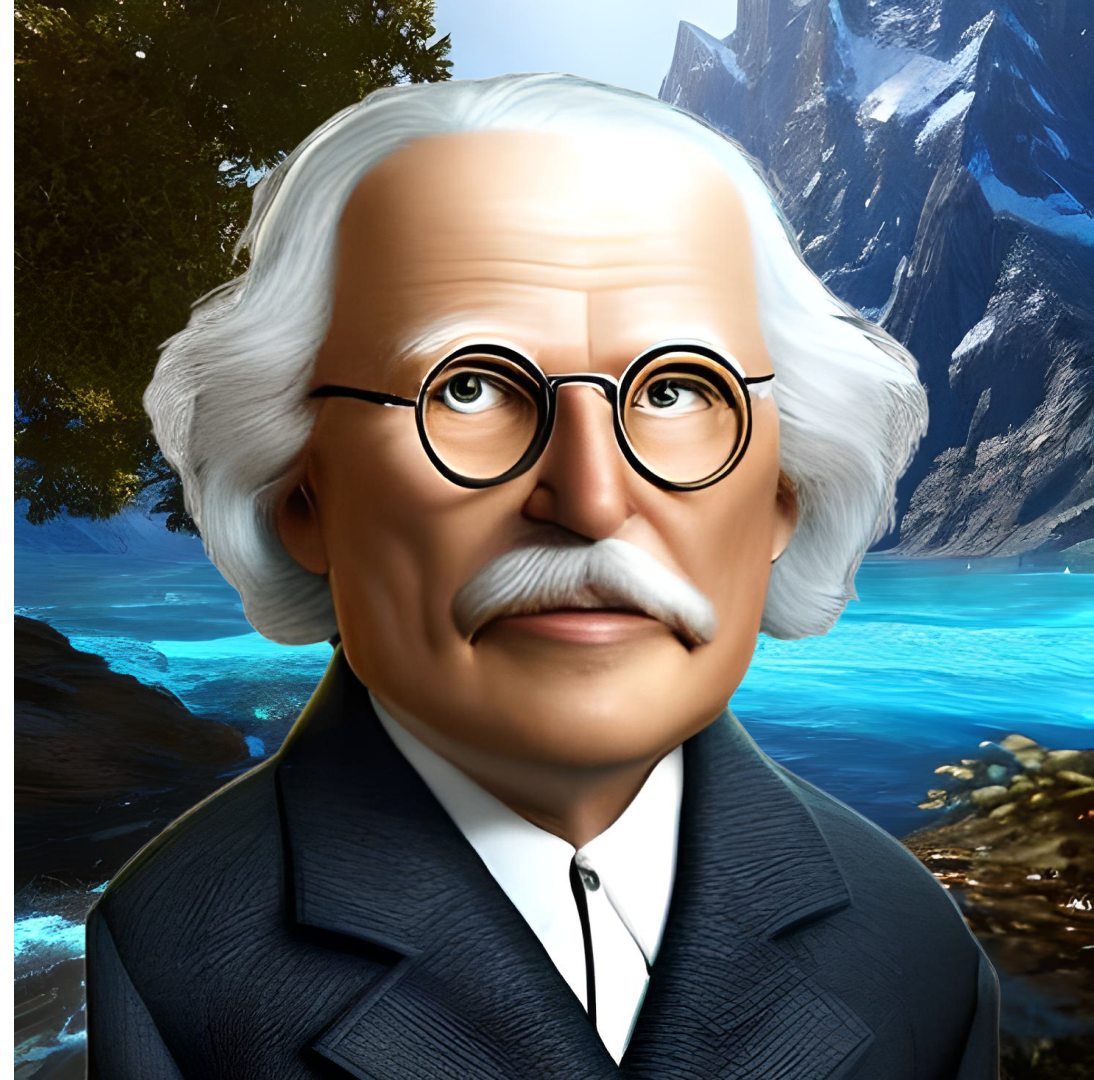Carl Gustav Jung, born in Switzerland in 1875, was a pioneering figure in the field of psychology. His contributions to the field of psychology are immeasurable, and his theories on the human psyche continue to influence the way we think about the mind and mental health today. Jung was also known for his interest in mysticism, alchemy, and spirituality, which is reflected in his numerology destiny number of 9, the number of adaptability and vision.
Jung’s life was marked by a series of intense personal struggles and transformative experiences that shaped his ideas and beliefs. His interest in the workings of the human mind began at an early age, and he pursued a degree in medicine in order to better understand the mind-body connection. During his studies, Jung became increasingly interested in the emerging field of psychiatry, and after graduation, he went on to specialize in this area of medicine.
Jung’s work as a psychiatrist led him to develop a deep understanding of the human psyche, and he became particularly interested in the idea of the collective unconscious, which he saw as a shared reservoir of images and symbols that are common to all humans. He believed that these archetypes are present in all cultures and societies, and that they provide a framework for understanding the human experience.
Jung’s interest in mysticism and spirituality is also evident in his work, particularly in his concept of the “shadow self,” which represents the hidden or repressed aspects of the psyche. He believed that exploring the shadow self was an essential part of the process of personal growth and self-realization.
Jung’s numerology destiny number of 9, which is the number of adaptability and vision, is also reflected in his ideas and beliefs. He believed that the human psyche is constantly evolving and adapting to changing circumstances, and that our ability to adapt is a key factor in our mental and emotional health.
Jung’s visionary approach to psychology continues to influence the field today, and his ideas on the collective unconscious, the shadow self, and the importance of personal growth and self-realization continue to shape our understanding of the human psyche. His adaptability and vision allowed him to see beyond the constraints of his time and to develop a revolutionary approach to psychology that has had a lasting impact on our understanding of the human experience.

